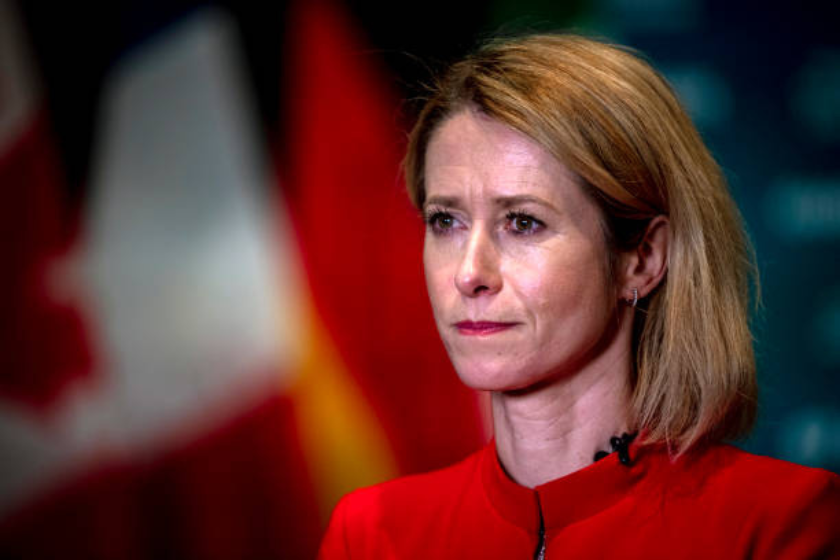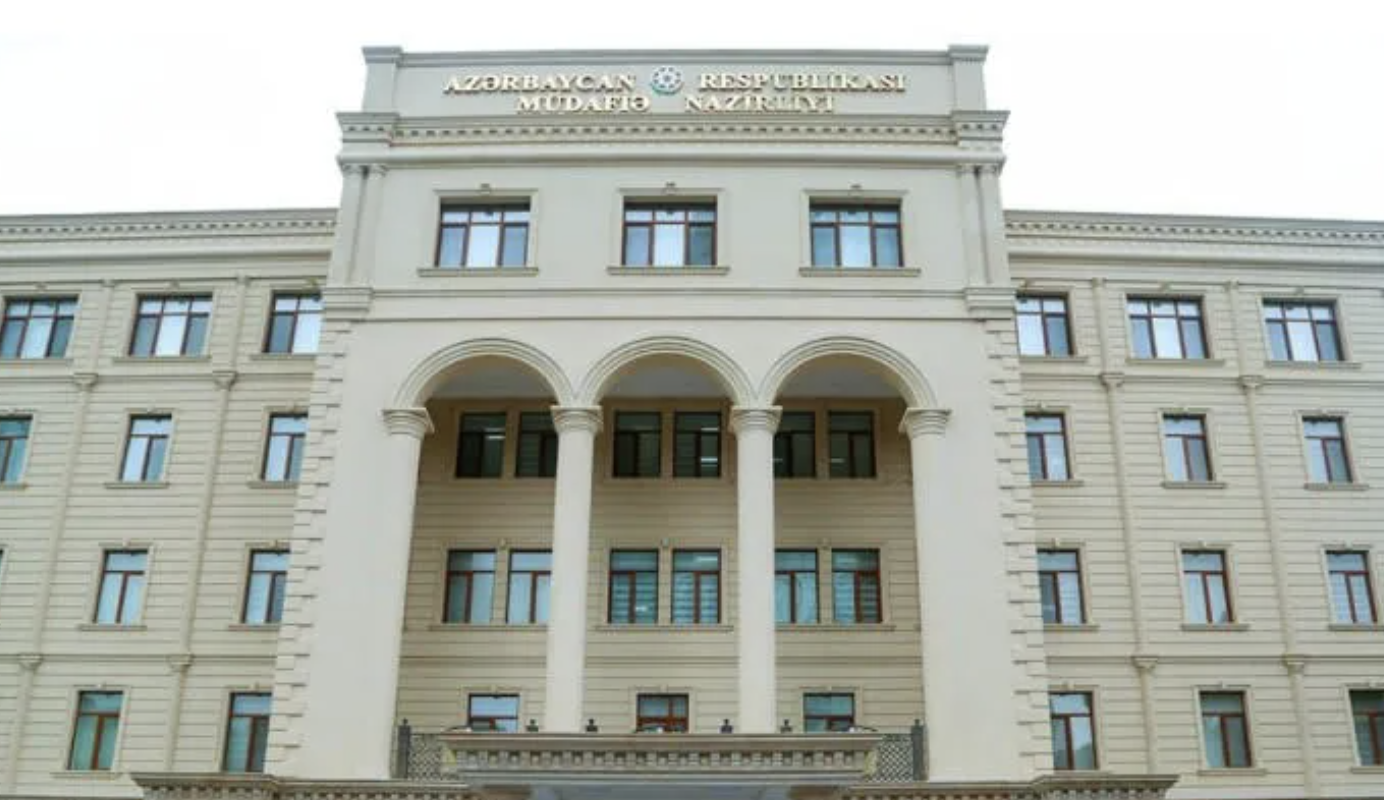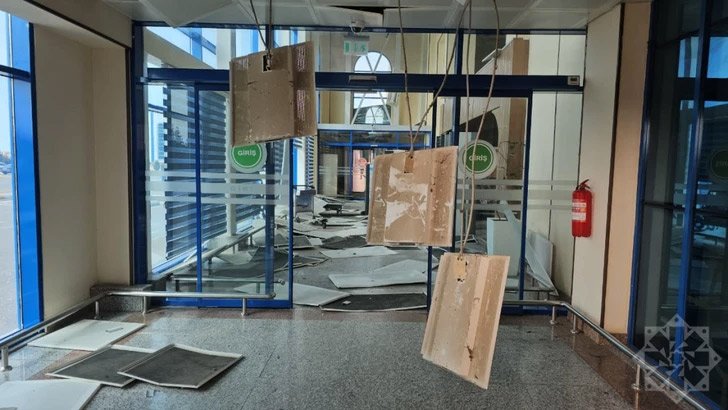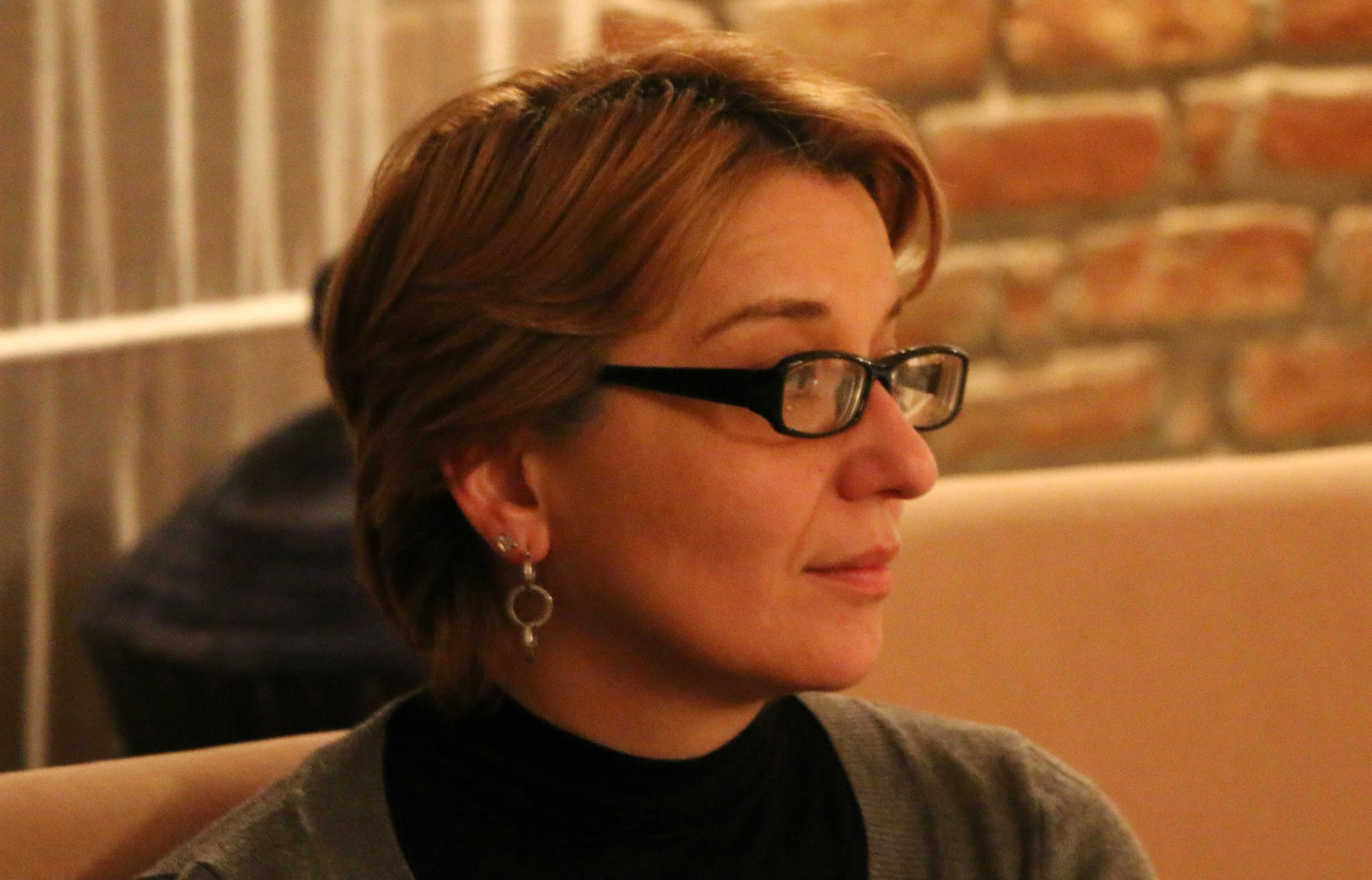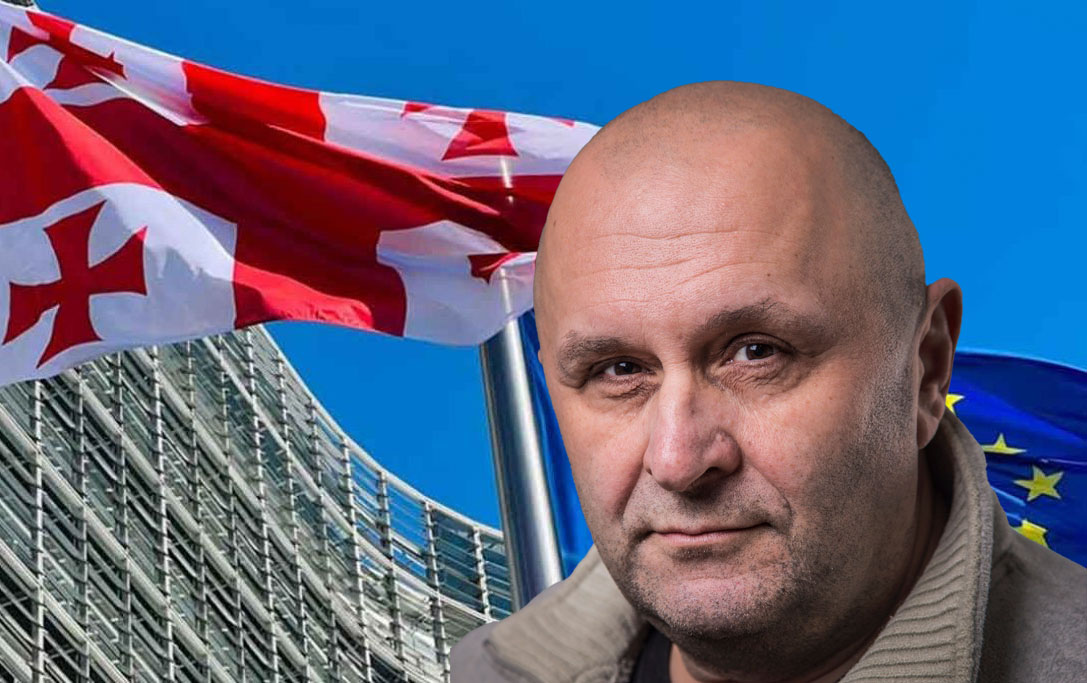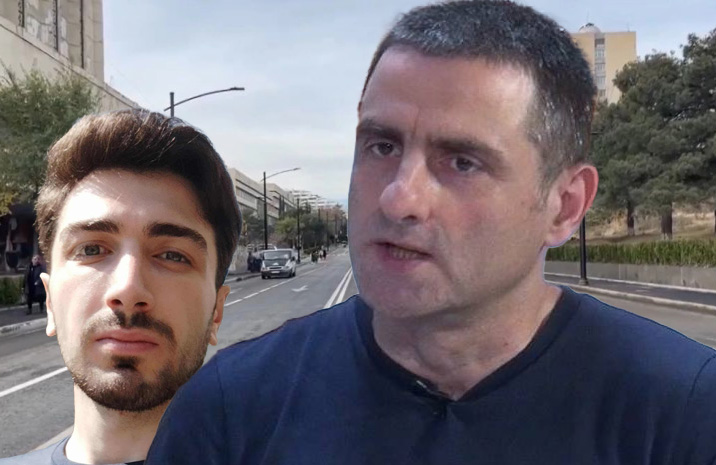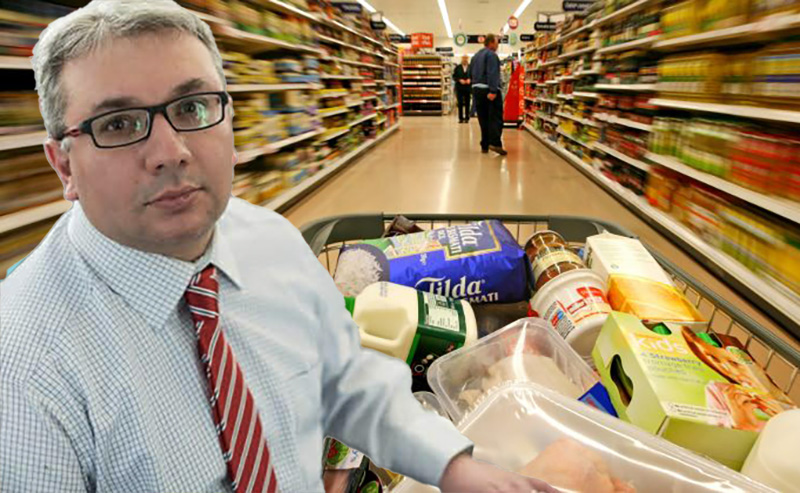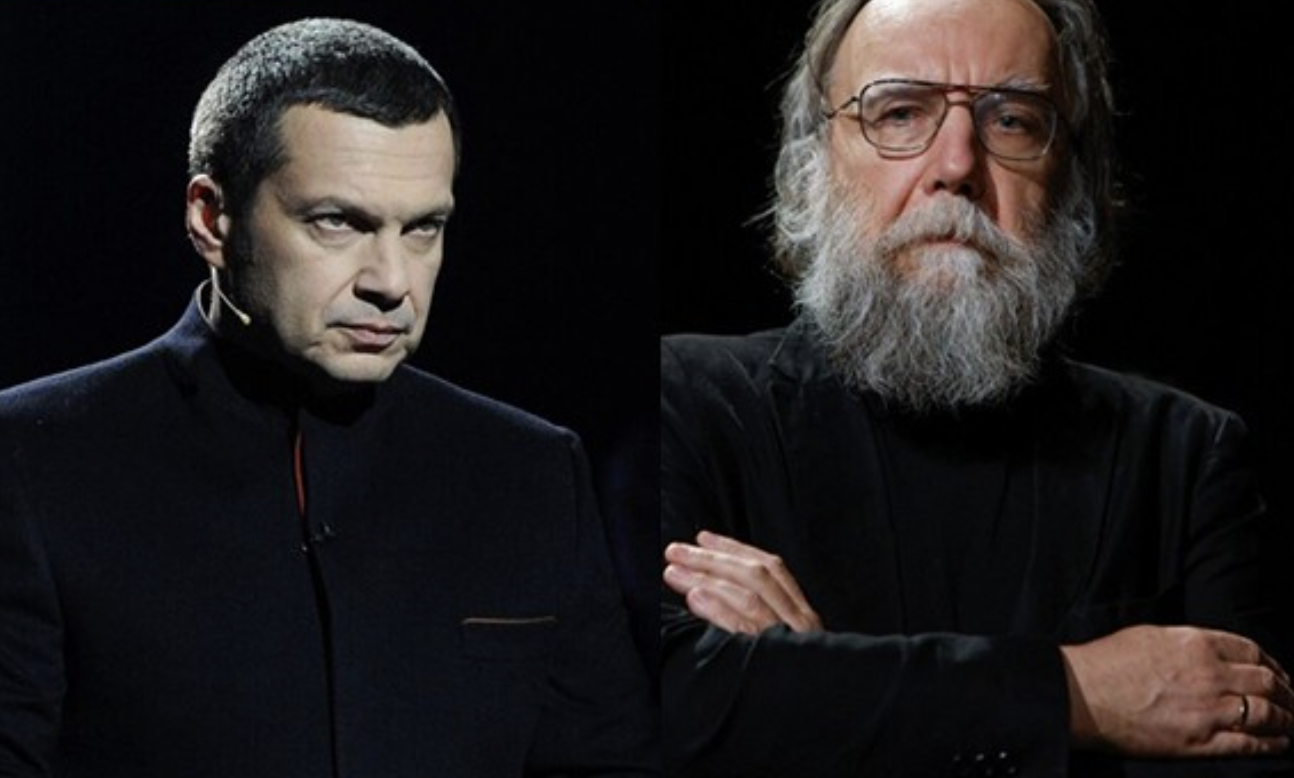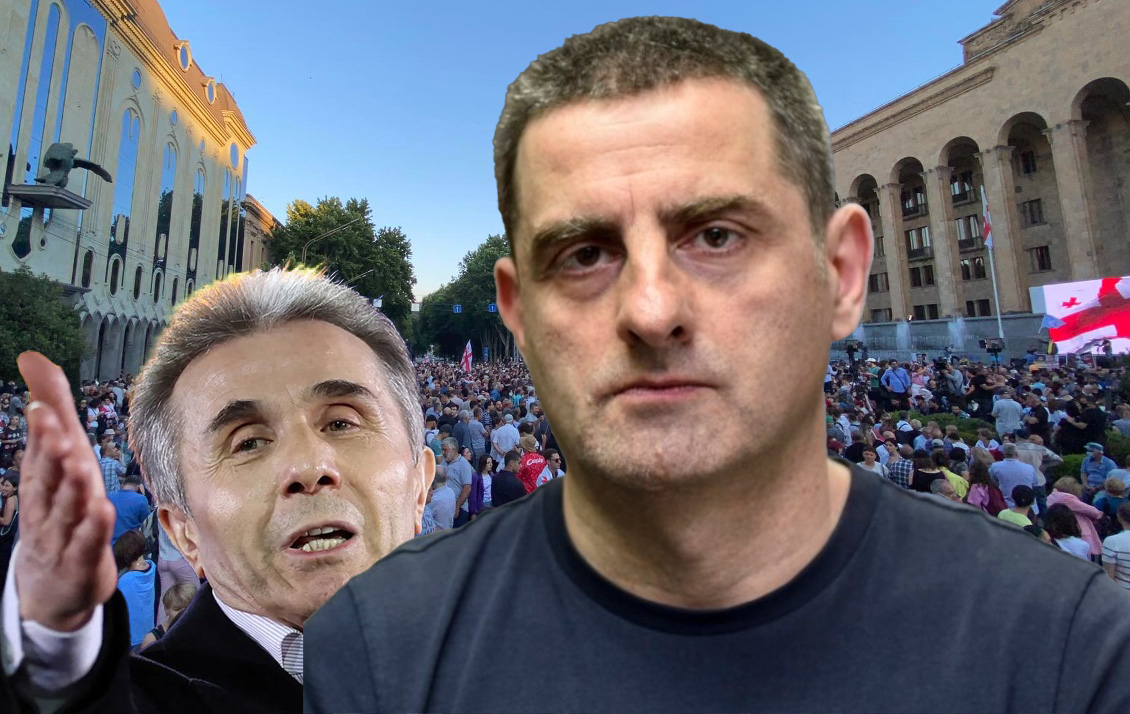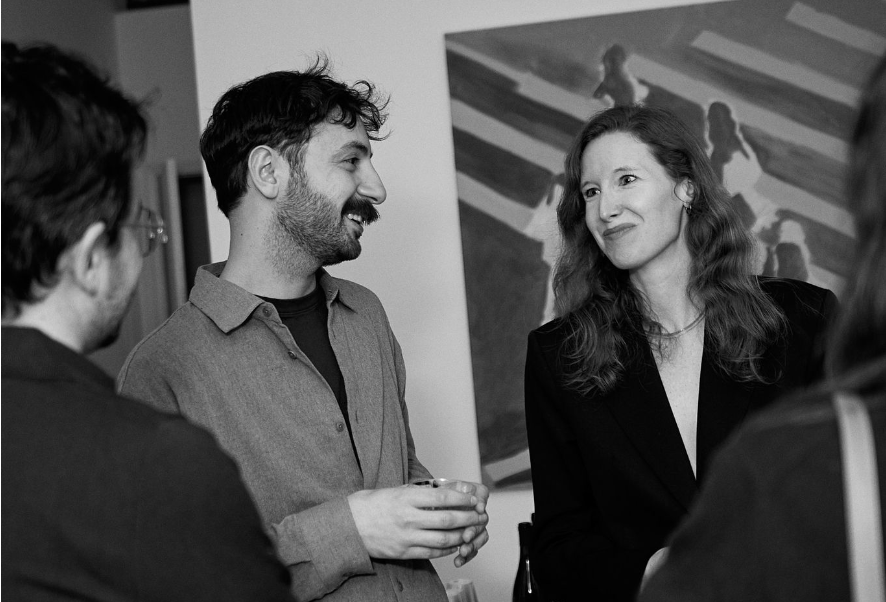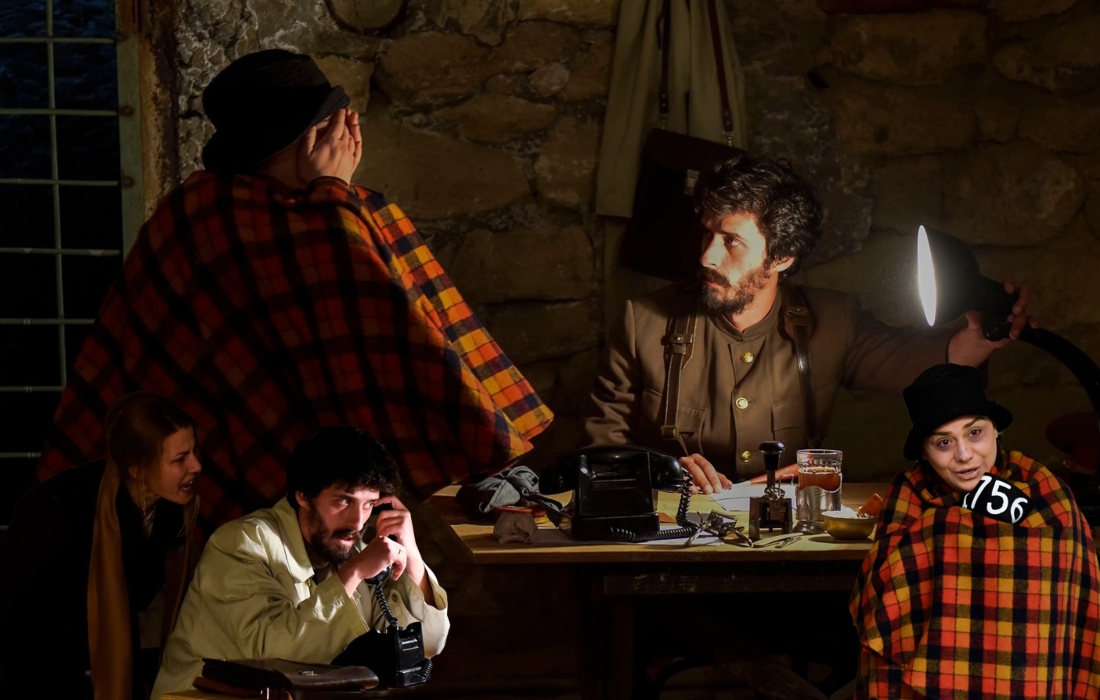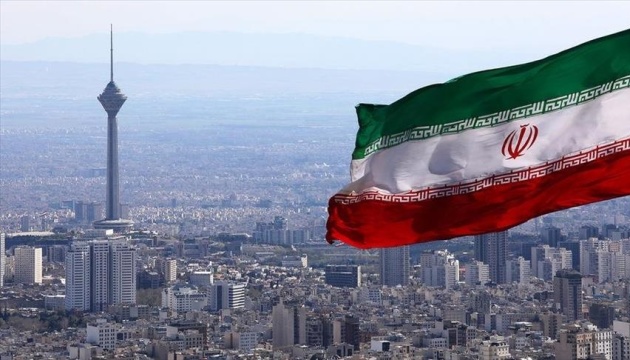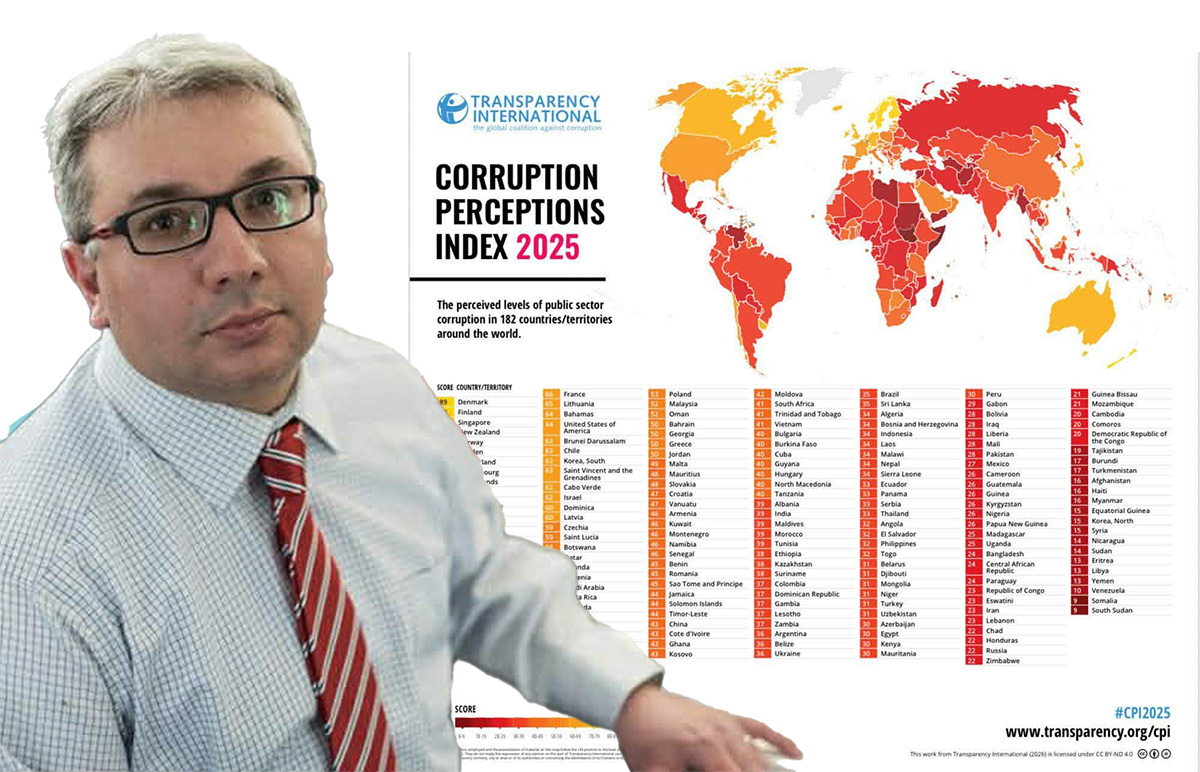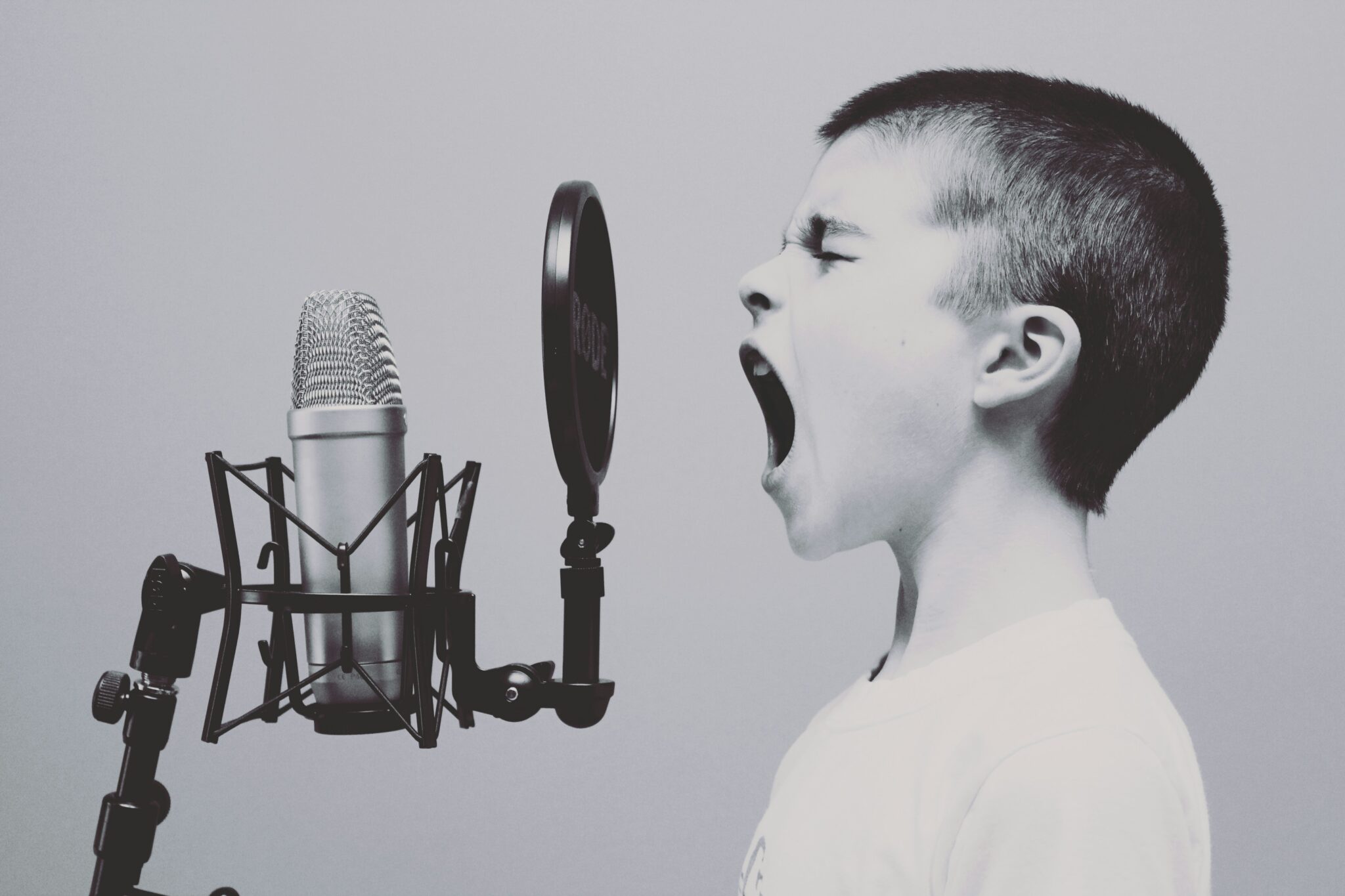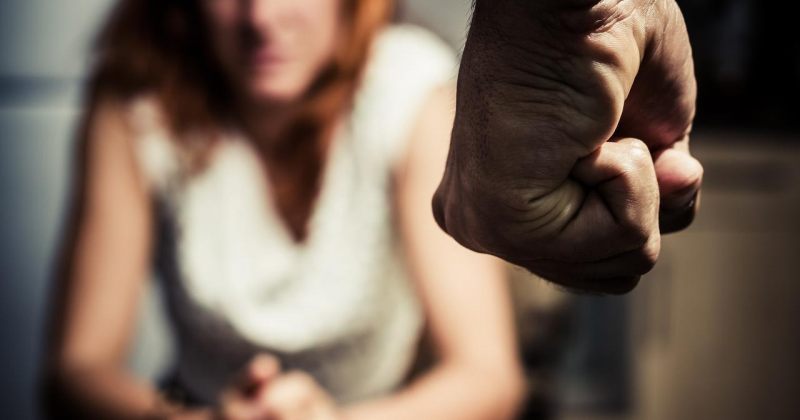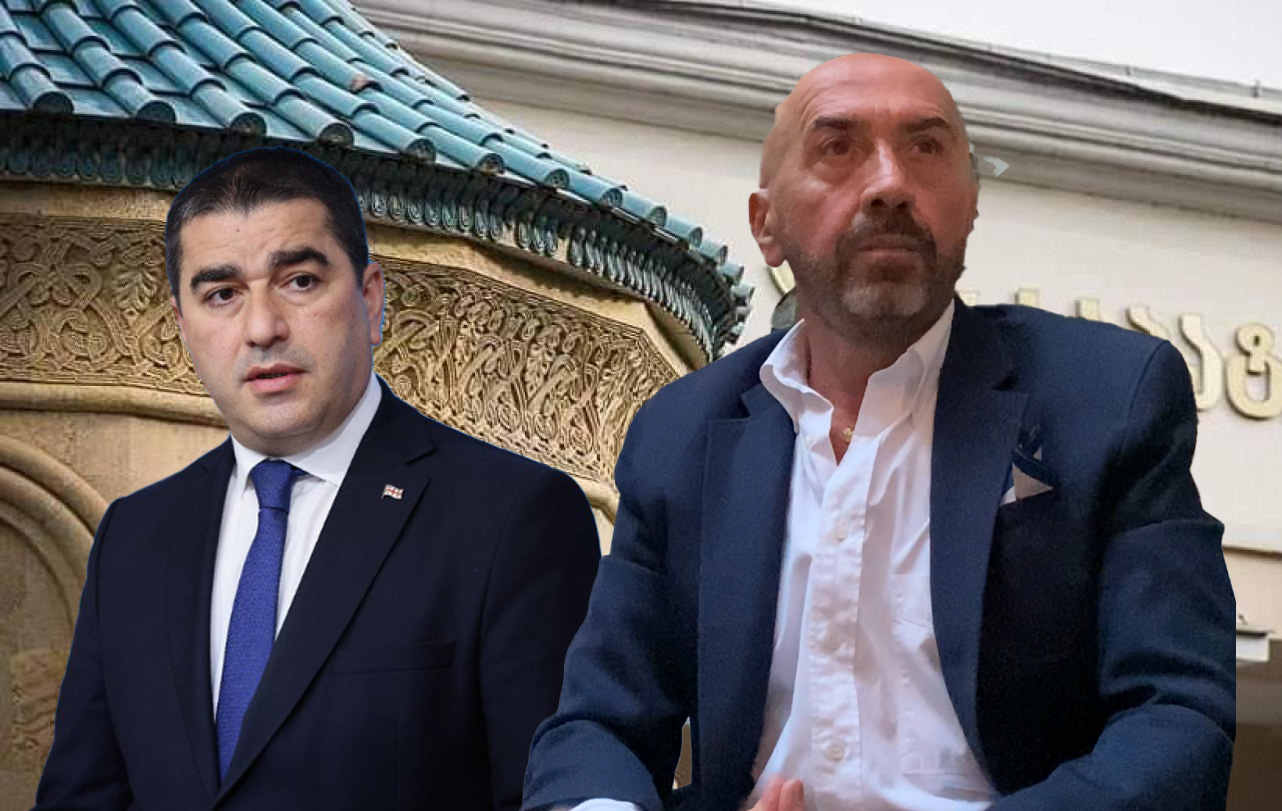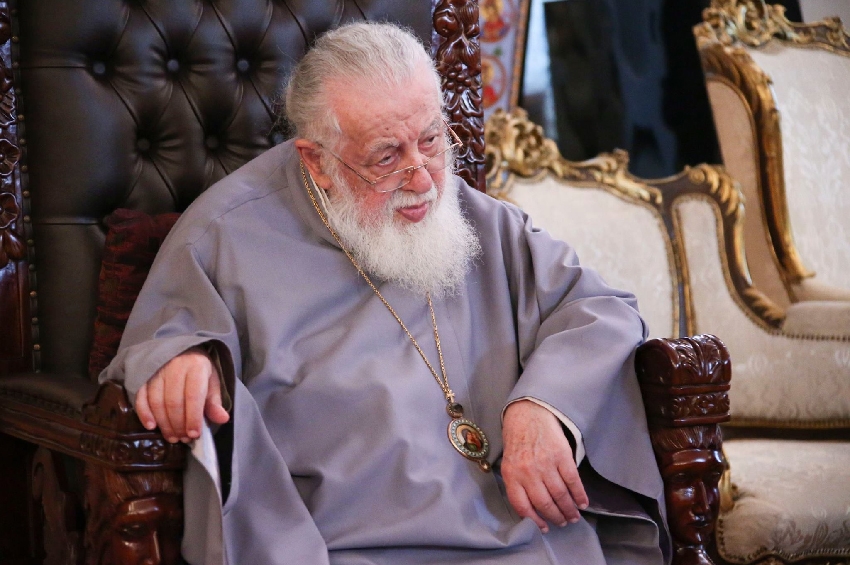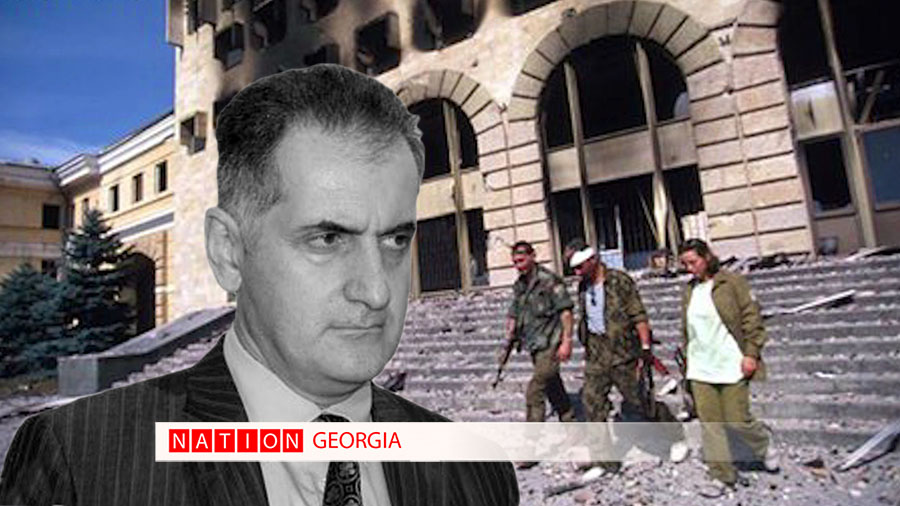Three to four window glass plants required for Ukraine’s reconstruction – expert’s opinion
06.06.2024 ნახვები: 382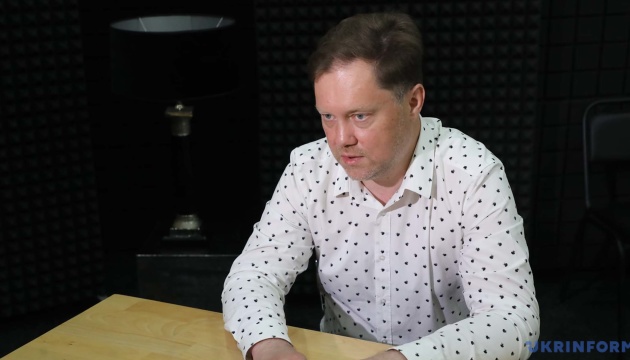
The relevant statement was made by President of the All-Ukrainian Union of Manufacturers of Building Materials Kostiantyn Salii in an interview with Ukrinform.
According to Salii, there is no modern (float) glass production in Ukraine at all. Prior to the war, Ukraine imported 85% of such products from Belarus and Russia.
“On the glass market, there was mayhem: it was massively imported from such countries as Kyrgyzstan or Azerbaijan. Moreover, even those products that had been made under the standards inferior to the Soviet-era GOST were imported, alleging that Ukraine would take anything,” the expert told.
In his words, Gomel-based glass plant in Belarus is still making attempts to sell its products to Ukraine. Sadly, some companies continue purchasing and importing such products without feeling any responsibility, Salii added.
The expert emphasized that one of the urgent tasks was to arrange domestic glass production to meet Ukraine’s reconstruction needs.
“Ukraine needs three to four plants with an annual float glass production capacity of 25 million square meters each. So far, we have only heard declarations on the construction of such plants. Turkish and Chinese representatives wanted to build something; Ukrainian businessmen were planning to launch such production in the Kyiv region… But, unless we see an operating plant, unless a team that can cope with the production load appears, we cannot say that we will have enough window glass after the war ends,” Salii explained.
Meanwhile, Ukraine’s domestic production of PVC profile and other window components is enough to meet the current consumption levels. Moreover, amid the war, Ukraine managed to increase the export of window panes.
“They are no worse than Polish ones. Instead, they are better and cheaper. Thus, even Germany, France and the United Kingdom began to purchase Ukrainian products. Our producers want to gain a foothold on the EU market. Therefore, unlike some competitors, we are really honest with European customers and consumers. If our window panes are labeled with A3 Heat Resistance, they really meet the parameters. Unlike the products made by a number of foreign manufacturers, which often put the overrated values in the documents,” Salii noted.
A reminder that Ukraine’s only polished sheet glass manufacturing enterprise was situated in the Luhansk region’s Lysychansk and suspended operation in 2015. In the late 2010s, there were plans to create a large modern glass production facility in the Kyiv region’s Borodianka, totaling $300 million in investment. However, this project had never been launched.

